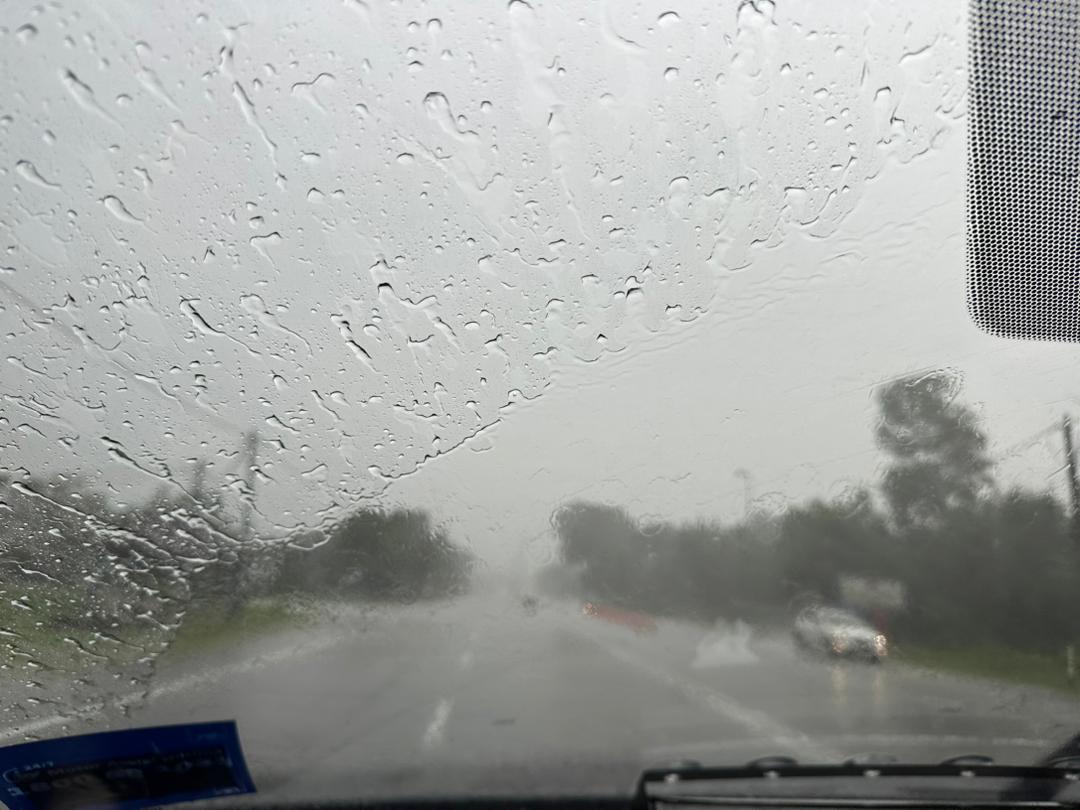 KOTA KINABALU: Universiti Malaysia Sabah (UMS) Vice Chancellor Prof Datuk Dr Kasim Hj Mansor has reminded students to be vigilant and avoid risky activities during bad weather.
KOTA KINABALU: Universiti Malaysia Sabah (UMS) Vice Chancellor Prof Datuk Dr Kasim Hj Mansor has reminded students to be vigilant and avoid risky activities during bad weather.
Kasim said UMS students and staff need to be aware of the current weather situation to avoid unwanted incidents.
"At the moment, heavy rains accompanied by thunderstorms often occur in the evening resulting in several slippery roads while some areas were flooded.
"Therefore, it is advisable to avoid any activities near rivers or near hills which could cause a landslide," he said in a statement recently.
Kasim also advised staff and students who live outside campus to always be careful when driving on the road.
He said many UMS staff reside in various districts while some travel back and forth for up to two hours every day.
"Last night (Monday) several areas in Penampang, Inanam and Kiulu were flooded while landslides were reported to have occurred in some areas.
"Therefore, if any staff members experience any emergencies, please contact the head of their respective department. At a time like this, safety is our priority," he said.
Kasim also reminded students to always stay alert and be careful to avoid unwanted incidents.
As the final exam of the 2022/2023 semester coincidentally falls during the raining season, he urged students who are affected by the flood to contact their lecturer, faculty management, Department of Student Affairs or the Student Representative Council.
"The university will always try to help the students while ensuring that no one drops out from taking the exam," he said.
The Malaysia Meteorological Department on Monday had issued a warning of continuous rainfall in Sabah and Sarawak until this Friday.
Thunderstorms, heavy rain and strong winds are also expected to occur in the interior and west of Sabah in the afternoon and at night until Wednesday.



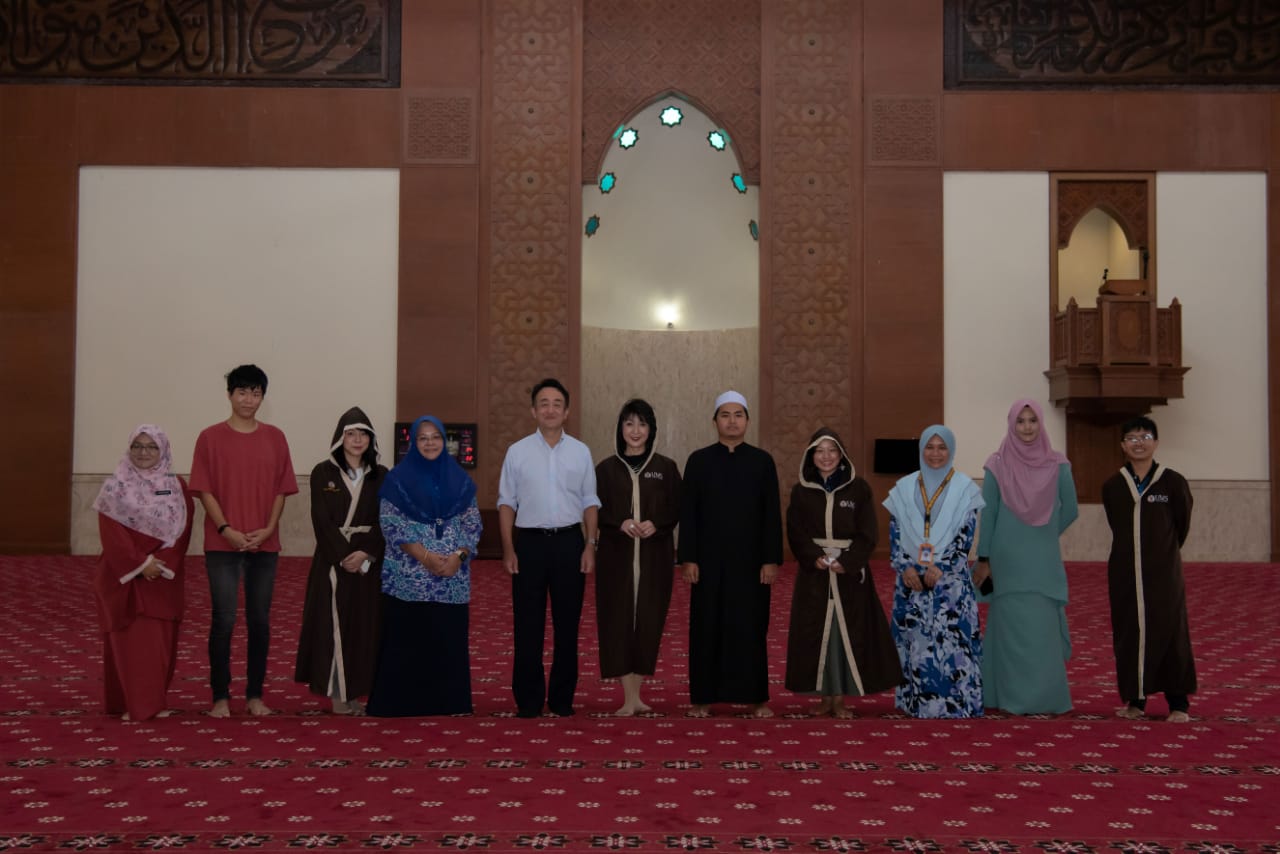 KOTA KINABALU: The visit of the Japanese Ambassador to Malaysia, Takahashi Katsuhiko to the Universiti Malaysia Sabah (UMS) Mosque recently is a manifestation of the close relationship between Japan and UMS.
KOTA KINABALU: The visit of the Japanese Ambassador to Malaysia, Takahashi Katsuhiko to the Universiti Malaysia Sabah (UMS) Mosque recently is a manifestation of the close relationship between Japan and UMS.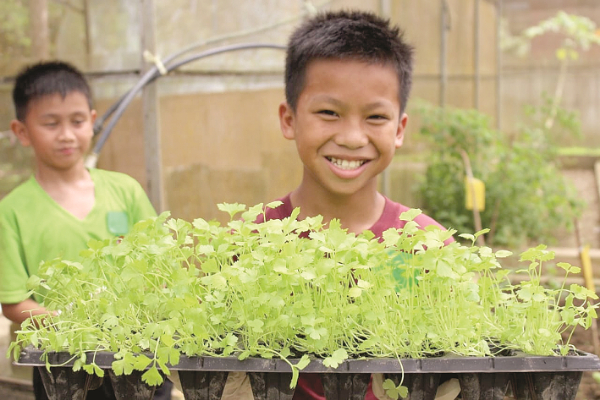 KOTA KINABALU: The Community Garden Project is a collaboration between the Faculty of Psychology and Education (FPE) of Universiti Malaysia Sabah (UMS) together with five other organisations to improve the psychological well-being of the younger generation.
KOTA KINABALU: The Community Garden Project is a collaboration between the Faculty of Psychology and Education (FPE) of Universiti Malaysia Sabah (UMS) together with five other organisations to improve the psychological well-being of the younger generation.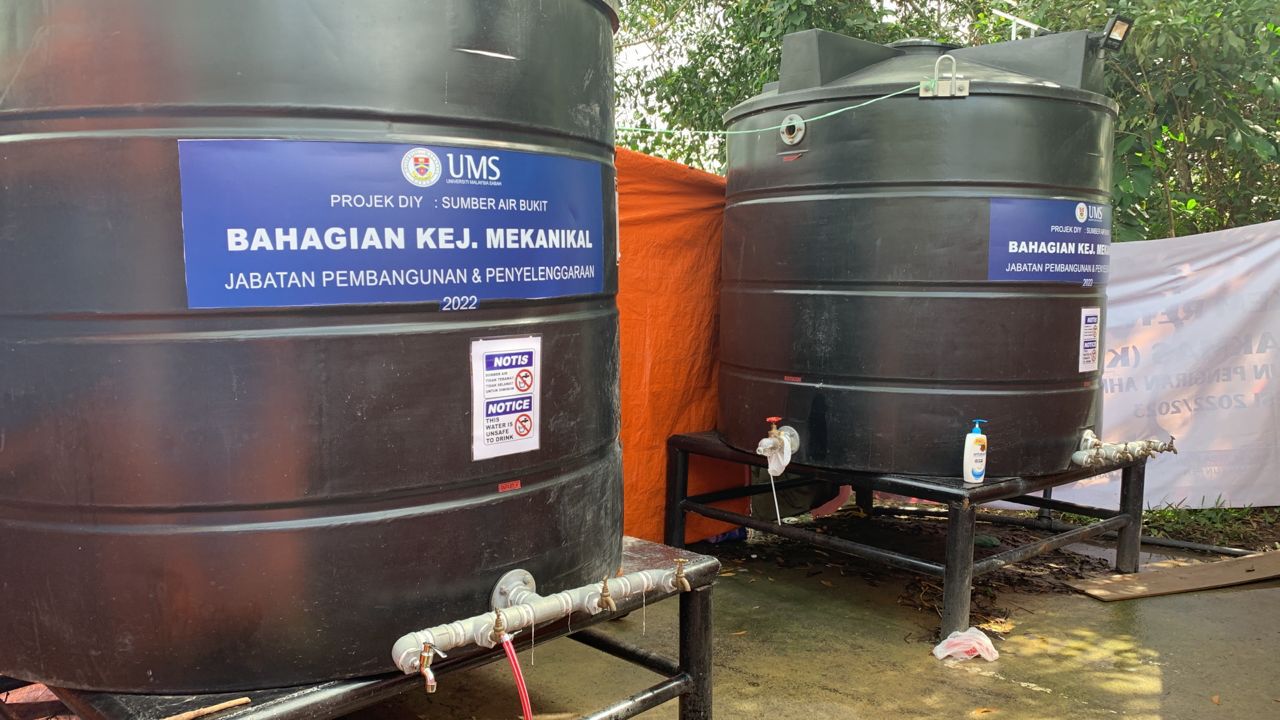 KOTA KINABALU: Universiti Malaysia Sabah (UMS) is taking measures to reduce the impact of water shortage in campus here, due to water rationing that is expected to last until 2024.
KOTA KINABALU: Universiti Malaysia Sabah (UMS) is taking measures to reduce the impact of water shortage in campus here, due to water rationing that is expected to last until 2024.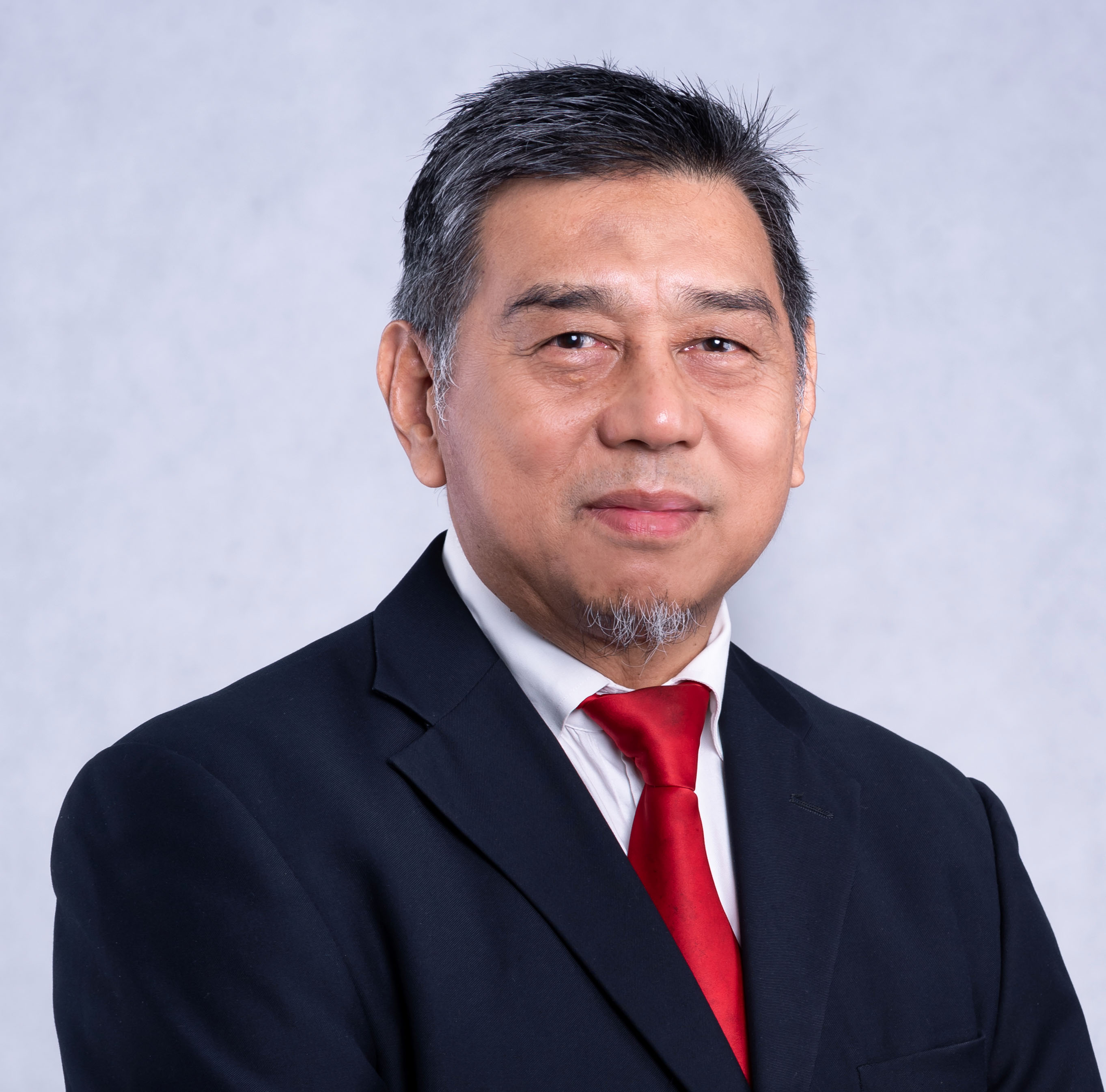 KOTA KINABALU: The intellectuality of academicians in various fields needed to be transformed to produce ideas to solve issues in society.
KOTA KINABALU: The intellectuality of academicians in various fields needed to be transformed to produce ideas to solve issues in society.